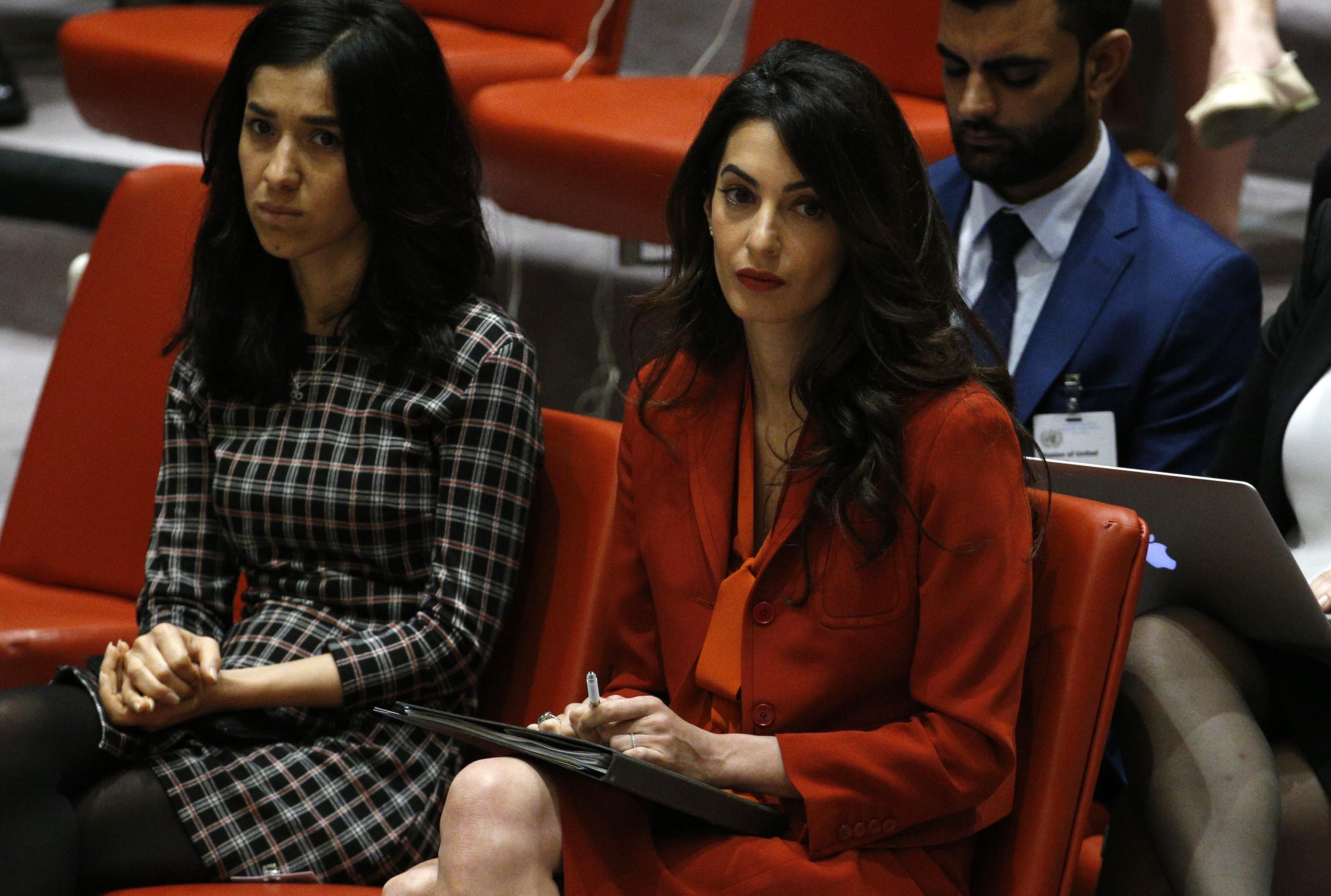
NEW YORK (Reuters) – U.S. Secretary of State Mike Pompeo said on Thursday that the United States had concluded the government of President Bashir al-Assad in Syria had used chlorine as a chemical weapon in an attack in May during a battle with insurgents in Idlib.
“The Assad regime is responsible for innumerable atrocities some of which rise to the level of war crimes and crimes against humanity,” Pompeo told a news conference in New York, where he has been attending the United Nations General Assembly.
“Today I am announcing that the United States has concluded that the Assad regime used chlorine as a chemical weapon on May 19,” Pompeo said.
The United States said in May it had received numerous reports that appeared consistent with chemical exposure after an attack by Syrian government forces in northwest Syria, but it had made no definitive conclusion as to whether they used chemical weapons.
The Trump administration has twice bombed Syria over Assad’s suspected use of chemical weapons, in April 2017 and April 2018.
The United States, Britain and France launched airstrikes in April 2018 against what they described as three Syrian chemical weapons targets in retaliation for a suspected gas attack that killed scores of people in a Damascus suburb earlier that month.
Assad launched an offensive at the end of April this year on Idlib and parts of adjacent provinces, saying insurgents had broken a truce.
“This is different in some sense because it was chlorine… but know that President Trump has been pretty vigorous in protecting the world from the use of chemical weapons,” Pompeo said, said declining to say what the U.S. response could be.
Pompeo said Washington had also added sanctions on two Russian entities for providing fuel to the Syrian government. Russia supports Assad in the more than eight-year-long Syrian war.
(Reporting by Humeyra Pamuk; Writing by John Irish; editing by Grant McCool)













